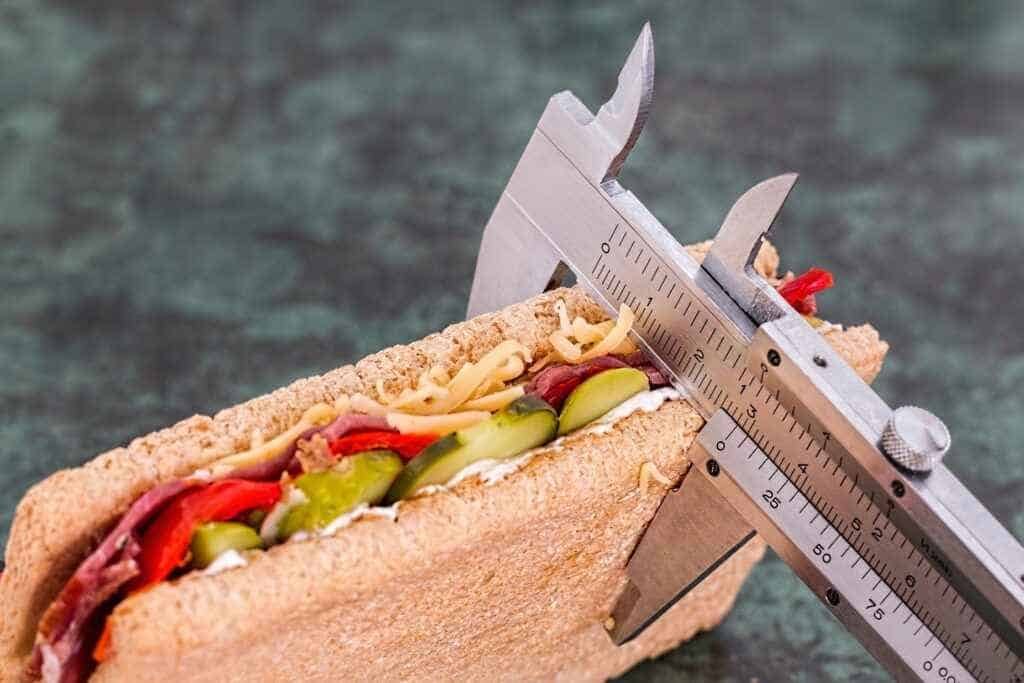Many of us have weight loss on our to-do lists. Weight management is especially crucial for persons with type 2 diabetes. Excess body fat makes the body more resistant to insulin, making blood glucose control more difficult. Thus, it is important to understand the relationship between weight loss and diabetes.
Around ninety per cent of persons with type 2 diabetes are overweight or obese, according to the World Health Organization. According to several studies, having a high body mass index or BMI increases one’s chance of getting type 2 diabetes. Fat cells are active, producing and reacting to hormones that raise the risk of metabolic syndrome, which includes diabetes.

Anyone who has attempted to lose weight understands how difficult it is. It is doable, and the benefits for diabetics are enormous, but where do you begin? Doctors believe that including a nutritious diet into your overall diabetes treatment strategy is the best approach to reduce weight.
Taking small steps
It’s one thing to lose weight; it’s another to keep it off. While everyone wants to lose weight quickly at the beginning of a diet, excessive diets and activity regimens aren’t sustainable. Concentrate on making adjustments that you can stick to within the long run. Don’t attempt to change your physique all at once. That’s a prescription for disaster. Set simple, attainable goals, such as going for a walk in the nearby garden or avoid your favorite snack.
Move on to your next goal once they have become habits. As you get closer to your ultimate weight reduction target, you’ll feel a sense of success. Also, keep in mind that failures occur to everyone, so don’t give up! If you are successful in weight loss, diabetes will automatically start to reduce!
Exercising
Diet appears to be the most significant element in reducing weight, according to studies, but exercise is essential for keeping the pounds off in the long run. People who increase physical activity while lowering calorie consumption lose more body fat than those who just diet, according to research. Remember that being healthy doesn’t have to mean spending hours at the gym sweating. Throughout the day, try to find methods to keep active.
Scheduling meal times
Breakfast deprivation has been linked to later-day overeating, which can undermine weight reduction efforts and cause blood sugar levels to fluctuate. Breakfast eaters may have greater energy throughout the day, allowing them to be more active. Fiber-rich, nutritious carbs should be part of your breakfast. to aid in the control of blood sugar levels. Before purchasing packaged food, always read the labelling.
Lower calories
Blood glucose levels can be raised by eating too many calories and fat. Calorie restriction is essential for weight loss. Working with a certified dietitian to develop a nutrition plan that fits your lifestyle, objectives, and preferences is a smart option. They may assist you in determining the appropriate calorie intake based on your age, gender, weight, exercise level, and body type.
Fiber is your friend
It’s not always simple to cut calories, especially if you’re hungry all the time. Then there’s fiber: Because your body is unable to break down this plant-based carbohydrate, it delays digestion as it passes through your system, helping to regulate blood sugar levels. Fiber-rich meals are often lower in calories, allowing you to consume a larger volume for the same number of calories.





